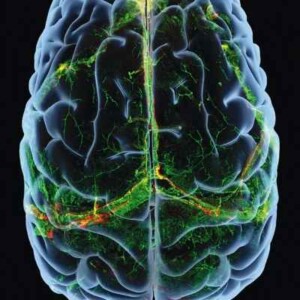

Physicists examine the gravitational pull between two tiny masses, and how fossil lampreys could shake-up the field of vertebrate evolution.
In this episode:
00:47 Gravity, on the small scale
This week, researchers have captured the smallest measurement of gravity on record, by measuring the pull between two tiny gold spheres. This experiment opens the door for future experiments to investigate the fundamental forces of nature and the quantum nature of gravity.
Research Article: Westphal et al.
News and Views: Ultra-weak gravitational field detected
07:37 Research Highlights
Research shows that people often don’t know when a conversation should end, and the cuttlefish that show remarkable self control.
Research Highlight: How long should a conversation last? The people involved haven’t a clue
Research Highlight: Arms control: cuttlefish can pass the ‘marshmallow test’
10:18 Lamprey evolution
The larval stage of lamprey growth has long been thought to resemble the kind of early animal that all vertebrates evolved from. However, new research looking at the fossils of lamprey species suggests that this popular hypothesis may be incorrect.
Research Article: Miyashita et al.
17:38 Briefing Chat
We discuss some highlights from the Nature Briefing. This time, glow-in-the-dark sharks, and scientists’ reflections on the nuclear industry 10 years on from Fukushima.
The Guardian: 'Giant luminous shark': researchers discover three deep-sea sharks glow in the dark
Nature Comment: Nuclear energy, ten years after Fukushima
Subscribe to Nature Briefing, an unmissable daily round-up of science news, opinion and analysis free in your inbox every weekday.
Video: Deep-sea soft robots
See acast.com/privacy for privacy and opt-out information.
More Episodes
All Episodes>>You may also like
Create Your Podcast In Minutes
- Full-featured podcast site
- Unlimited storage and bandwidth
- Comprehensive podcast stats
- Distribute to Apple Podcasts, Spotify, and more
- Make money with your podcast




